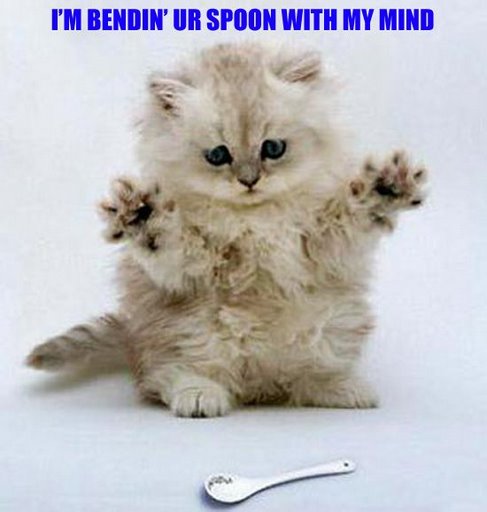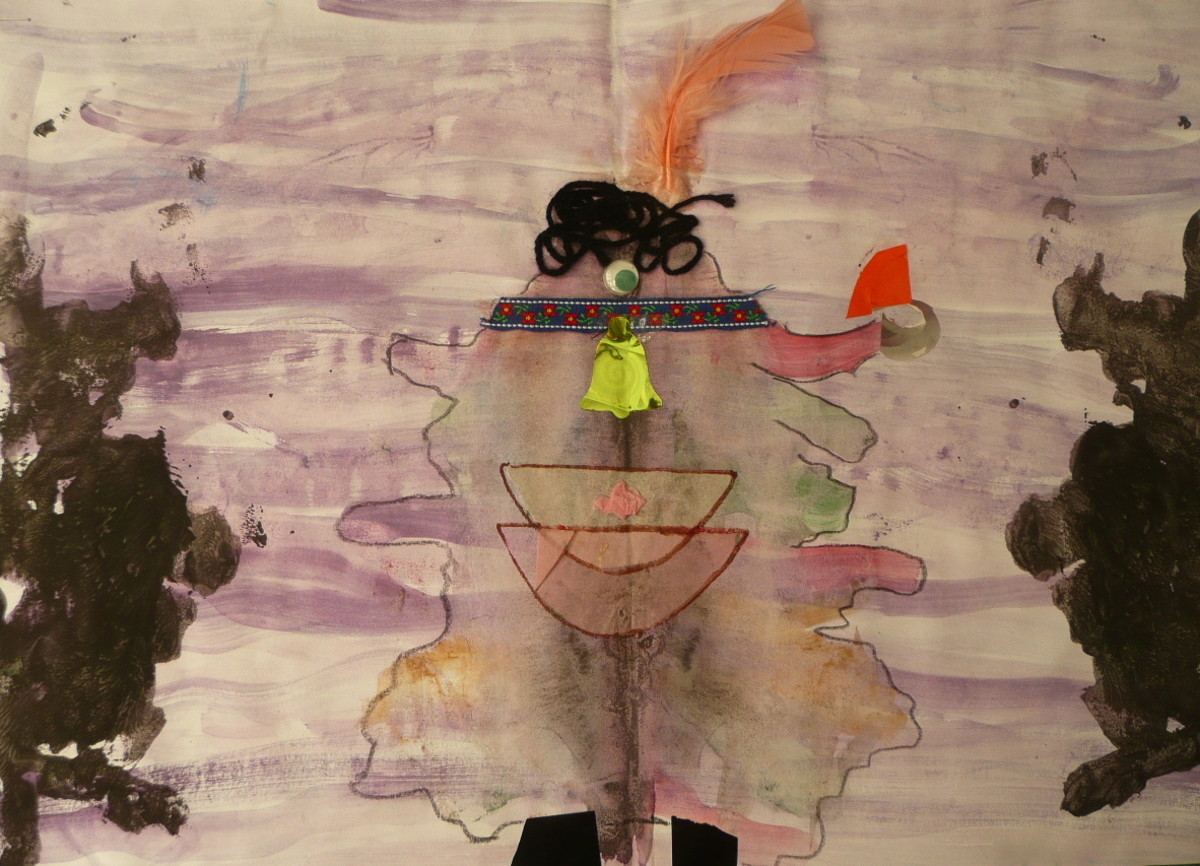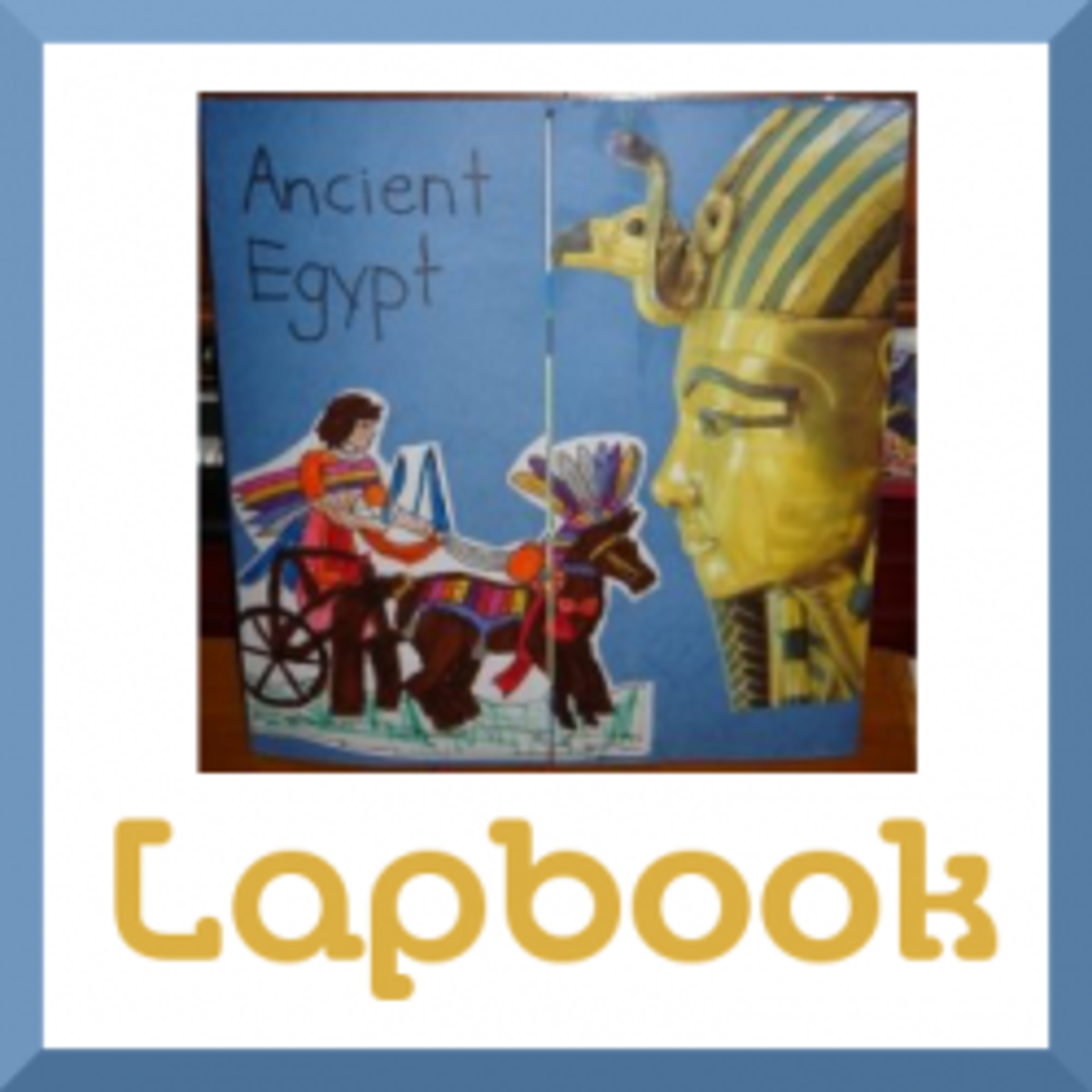Sparking Creativity
How does one spark creativity? You've probably read countless sources of information on the subject, some helpful and others not. But instead of sitting at your computer wracking your mind for creativity, might I suggest another approach - let creativity find you. It sounds a little cliché, I admit, but hear me out: creativity is more often than not the result of daily activity, not the originator of such activity. In other words, creativity is sparked by your actions, not by your thoughts. Try to live your life consciously; perform your daily activities as you normally would but also keenly observe what you are doing. Instead of simply going through the motions automatically, allow the actions themselves to motivate creativity.
For example, I realized not too long ago that I could drive for long periods of time and not even think about or remember my driving. This is not to say I was unfocused on the driving (for any concerned road-users out there), because I was, in an auto-pilot sort of way. But that is exactly the point - I was engaging a familiar activity the same way I always did, and thus denying my subconscious mind the opportunity to be creative. So recently, if I'm driving alone or over a great distance, I might try a variety of different mental exercises. Every time I see a car, I might spontaneously associate the color with a thought, object, or emotion. So if I see a blue car, I might think of peacefulness; red with forests; green with my life's ambitions. The thought doesn't need to make sense, it doesn't even need to require "thought" - it is really just a visceral reaction to external stimuli. It might sound silly, but the most frequent barrier to creativity is often the individual categorizing data instead of just absorbing it: don't limit yourself by making a choice before you've seen all the options.
Besides, most famous authors/inventors/artists have been heavily influenced by their circumstances and environment rather than their "own creativity." I think creativity has been poorly defined as "originating from within oneself" but a far better definition would be "the synthesis of outside influences with internal desires." At the St. Louis' World Fair in 1904, Ernest Hamwi invented the ice cream cone. Because the neighboring booth had run out of dishes for ice cream, Hamwi intuitively took one of the Syrian pastries he had been baking on a flat waffle iron and folded it up to form the world's first waffle cone (alright, so the story may just be fanciful myth, but it's undeniably creative)! By utilizing what his environment presented him, Hamwi was able to find a creative solution to suit his needs.

This leads to another important point: don't confuse creativity with thinking. Thinking is usually a very conscious act, and sometimes can be very damaging to creativity, which is far more often intuitive and spontaneous. The noted improviser and theatrical artist Keith Johnstone has this to say on the subject:
"Intelligence is proportional to population, but talent appears not to be related to population numbers. I'm living in a city at the edge of the Rocky Mountains; the population is much greater that it was in Shakespearean London, and almost everyone here is literate, and has had many thousands of dollars spent on his education. Where are the poets, and playwrights, and painters, and composers? . . . People trying to be original always arrive at the same boring old answers. Ask people to give you an original idea and see the chaos it throws them into. If they said the first thing that came into their mind, there'd be no problem."
Johnstone goes on to mention a quote from Mozart, who said of his ideas:
"Whence and how they come, I know not; nor can I force them. Those that please me, I retain in the memory, and I am accustomed, as I have been told, to hum them. . . . Why my productions take from my hand that particular form and style that makes them Mozartish, and different from the works of other composers, is probably owing to the same cause which renders my nose so large or so aquiline, or in short, makes it Mozart's, and different from those of other people. For I really do not study or aim at any originality."
So, friends, in your pursuit of creativity, let your doing, not your thinking, inspire you. And then, as Mozart suggests, retain the best and discard the rest.





